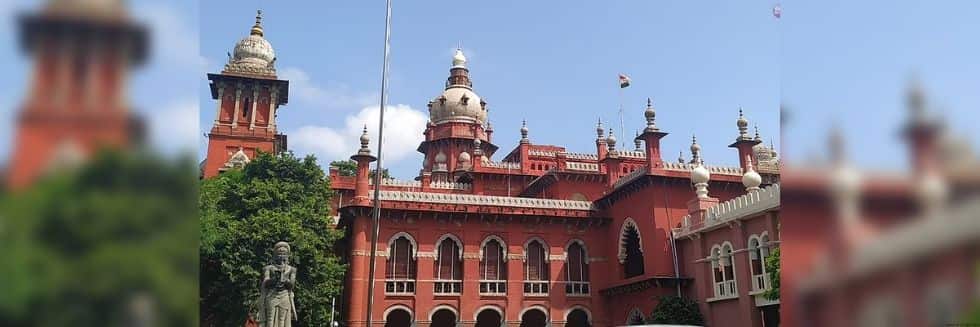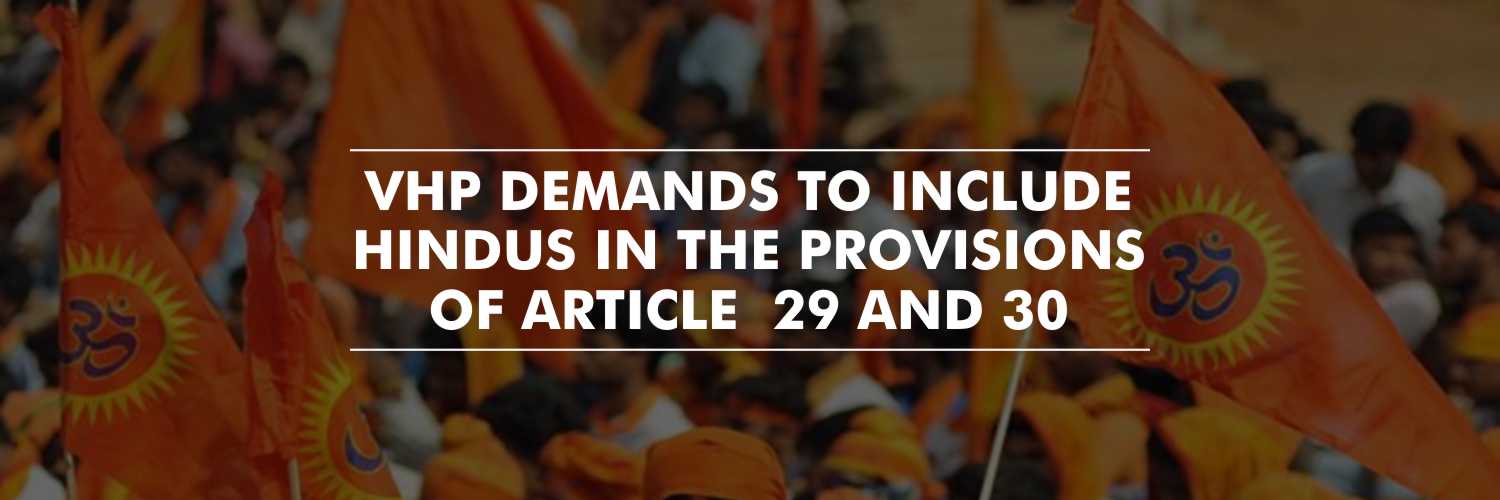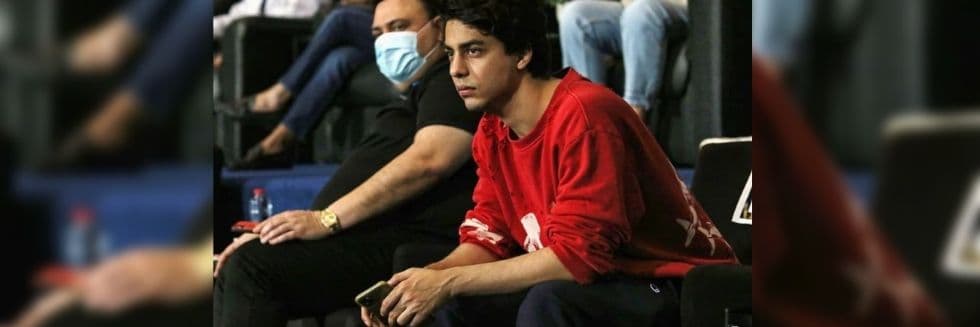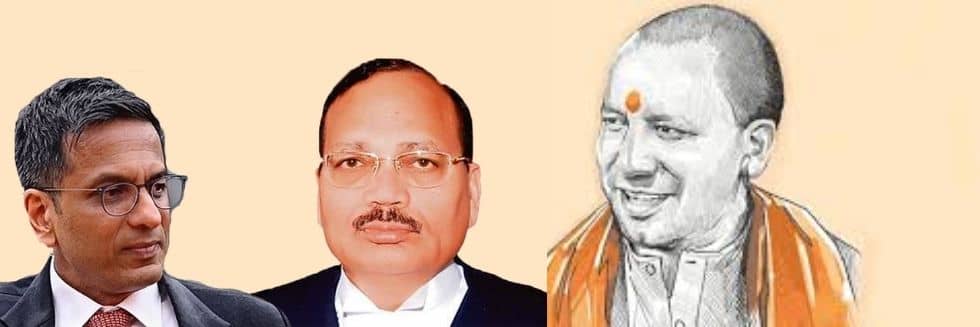Union Law Minister Kiren Rijiju has written to the Chief Justice of India DY Chandrachud in connection to the inclusion of government representatives in Supreme Court and High Court collegiums who decides on the appointment of judges.
The Law Ministry is seeking representation in 25-year-old Supreme Court-created two-tiered collegiums for infusing transparency and public accountability into the selection process of constitutional court judges.
It comes after a series of criticism by the constitutional authorities including the Vice-President and Lok Sabha Speaker who accused the apex court of intruding into the domain of legislature often.
Law Minister Kiren Rijiju has shown his dissatisfaction with the Collegium system of appointing judges and has also advocated for the reintroduction of the National Judicial Appointments Commission (NJAC) that was rendered unconstitutional by the apex court in 2015.
The letter’s intent was based on the decade-old statement by widely respected Justice Ruma Pal, “As I have said elsewhere, the process by which a judge is appointed to a superior court is one of the best kept secrets in this country.”
Justice Pal is a former Supreme Court judge who gave the abovementioned statement on November 10, 2011.
She added, “The process’s secrecy results in an insufficient input of information regarding a potential candidate’s abilities and suitability for appointment as a judge… Consensus within the collegium is sometimes reached through a trade-off, resulting in dubious appointments with disastrous consequences for litigants and the judicial system’s credibility.”
“Besides, institutional independence has also been compromised by growing sycophancy and ‘lobbying’ within the system. The view that the collegium process of selection operates on ‘you scratch my back, I scratch yours’ – is fast gaining ground,” she said.
But it is claimed that the suggestions for an amendment to the method of procedure (MoP) would not find acceptance by the CJI-led five-judge collegium which comprises Justice Sanjay Kishan Kaul, Justice K M Joseph, Justice M R Shah and Justice Ajay Rastogi. Because none of these four judges would go on to become the CJI and the collegium currently has CJI Chandrachud’s successor, Justice Sanjiv Khanna.
The top court is of the opinion that the suggestion to include government representatives in the two-tier judge-selection mechanism is a fresh attempt to bring through backdoor shades of the National Judicial Appointment Commission Act, which was passed unanimously by the Parliament but quashed as unconstitutional by a five-judge SC bench in October 2015.
The NJAC was to be headed by the CJI and comprise of two most senior judges, a law minister and two eminent persons selected by a panel comprising the PM, the leader of the opposition and the CJI.
Aam Aadmi Party (AAP) Chief Arvind Kejriwal criticised the letter and tweeted, “This is extremely dangerous. There should be absolutely no government interference in judicial appointments.”
“What is the difference between consultation and concurrence?… If you expect the government to accept names recommended by the collegium, what is the government’s role?,” stated the Law Minister Rijiju at the Times Now Summit on November 25 last year.






